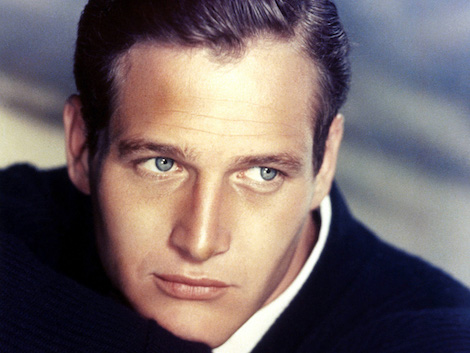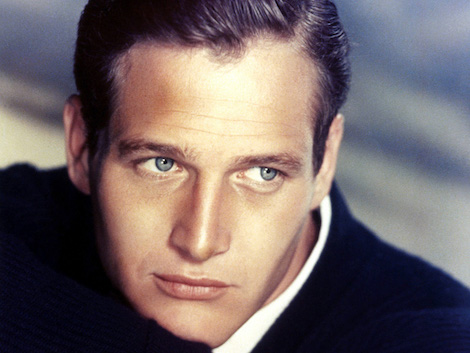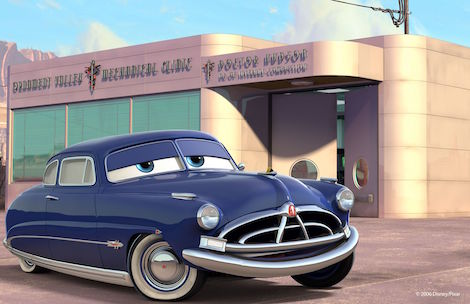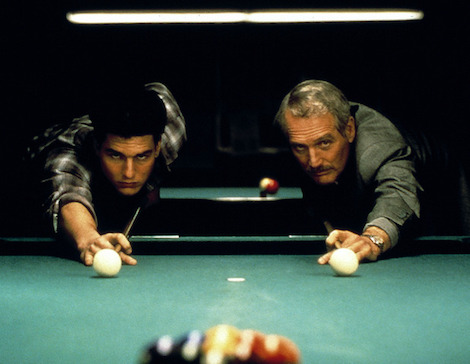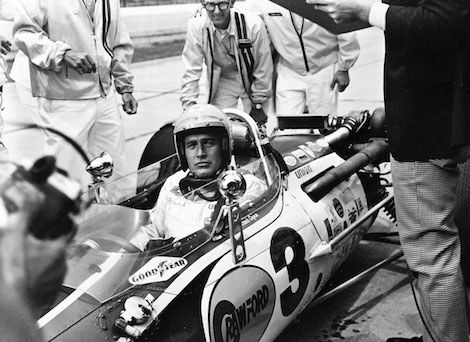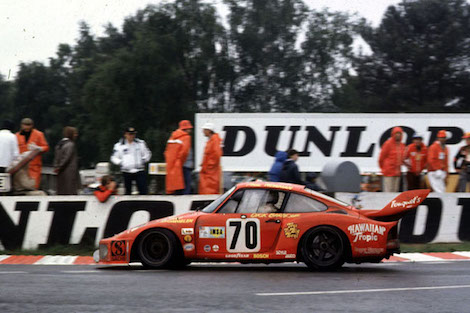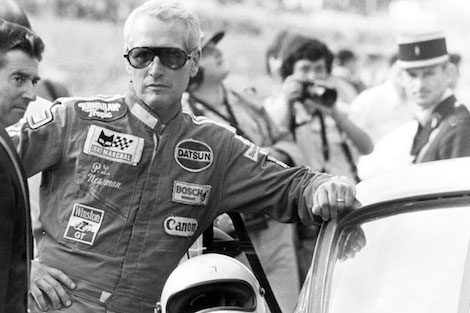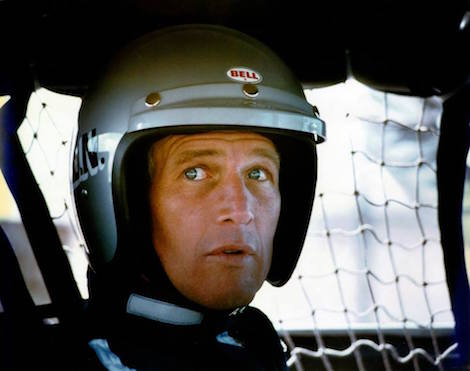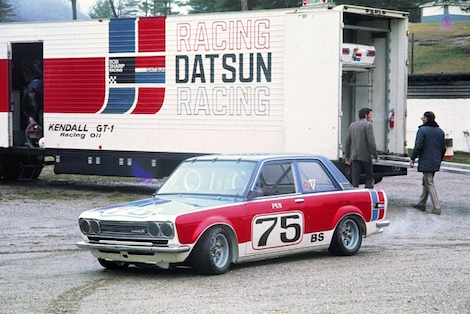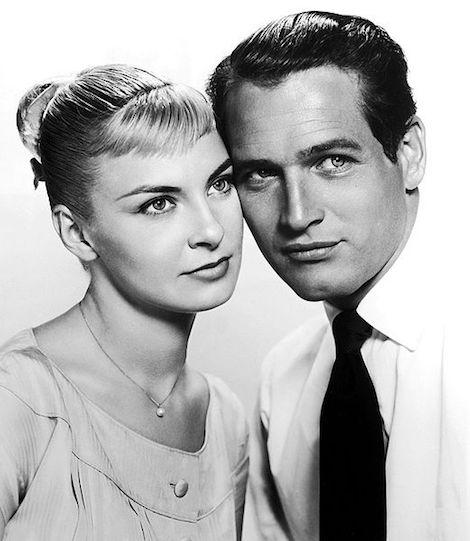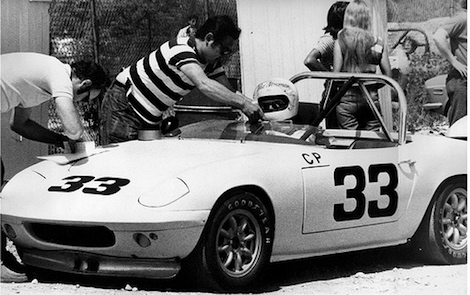He's already immortal. He's those piercing, blue eyes that stare out from a thousand movie posters and a million frames of 35mm Kodachrome.
He's the man who convinced the Sundance Kid to jump, who taught Tom Cruise how to play pool and who knew it would be Tom Hanks, waiting in the rain and shadows, Tommy Gun at the ready. He's the late, great Paul Newman and he doesn't need the introduction I've just given him. All he needs is for you to have a flick though iTunes or Netflix and you'll see the greatness of the man - Butch Cassidy and the Sundance Kid, The Hustler, Cool Hand Luke, The Verdict, The Color of Money, Road to Perdition. Great in everything, he had a magnetic, can't-take-your-eyes-off-him screen presence that few could equal.
He also played the character of Doc Hudson in Disney-Pixar's Cars - a grumpy Hudson Hornet saloon from the 1950s with a hidden past on the race track. A classic case of a great actor slumming it in a kids' film for a hefty pay cheque? No, there's so much more to it than that...
Newman wasn't just playing the character of an old racing car; he knew everything about what it was to be a racing driver. Newman had been bitten by the bug, alongside fellow Hollywood star Robert Wagner, when making the 1969 Indycar-based film, Winning. Like most racing films, it's a touch turgid and melodramatic, but still has some great sequences and, of course, Newman and Wagner were taught how to drive the cars so that they could be filmed up close and personal. For Newman, it didn't end when the credits rolled though.
He set out to try his hand behind the wheel for real. Oddly for a Hollywood superstar, some combination of common sense and humility led him away from hopping straight into a big, fast racer (he could doubtless have pulled strings and waved his famous actor membership card to do so) and instead started racing a light, simple Lotus Elan, before upgrading to a more powerful Datsun 510 saloon supplied by Bob Sharp Racing.
Immediately, he was on it, even if the learning curve was steep. By the late seventies, he was almost a full-time professional, winning the Sports Car Club of America's Production Championship twice - an event he said was "better than the Oscars."
Then came Le Mans. Now a true racing nut, it's no surprise that Newman was drawn to the glamour of the 24-hour race, just as fellow Hollywood legend Steve McQueen had been in the early seventies. Newman's approach was far more low-key though. He wasn't making a film at Le Mans; he wanted to win it.
And he came within a pit stop of doing so.
Newman had teamed up with experienced race team owner and driver Dick Barbour, who was entering a Porsche 935 with former Embassy-Hill F1 racer Rolf Stommeln as the lead driver. Newman, trying to keep a low profile in spite of the hordes of paparazzi that descended on the team's pit every time the car stopped or the actor so much as twitched, worked hard at his driving, going further and faster than most 'Gentlemen Racers' ever manage. He, Stommeln and Barbour were quick, and the 935 was far and away the car to have at Le Mans that year, even though it could be tricky in the streaming wet conditions in which the race was won.
Come Sunday afternoon, the Barbour squad was leading the race, and there was only one final stop for tyres and fuel, plus a driver swap, between them and outright victory in the most famous race of all. Sadly, when the car came in, an overheating wheel hub had welded the left front wheel solidly to the front axle and the team lost valuable minutes and laps cutting it off and replacing the suspension. Stommeln took over, and nursed the car as best he could, but the rival 935 of Klaus Ludwig and the Whittington brothers swept past. The Barbour team finished second. What might have been...
A couple of years ago, I asked Nigel Roebuck, Editor In Chief of Motorsport Magazine, and a true doyen of racing journalists, what he thought of Newman's racing career. Roebuck's reply directly quoted Mario Andretti, and surely there has never been a greater racing driver than he (some as good, perhaps...) who said that Newman was easily good enough to hang up his acting laurels and get behind the wheel full time.
Need proof? How about the fact that he regularly raced a Bob Sharp-prepared Nissan IMSA racing car with 900hp, frequently in the wet, and won with it? How about the fact that his involvement with Newman-Haas racing in Indycar wasn't a mere actor's affectation, nor some way of spending his movie millions, but a real, racer's joy - co-running a successful, winning team that counted the likes of Mario Andretti, his son Michael, Nigel Mansell and multiple Indycar champ Sebastian Bourdais amongst its drivers. Poignantly, Newman was a great fan of British racer Justin Wilson, killed this past month in a freak accident in an Indycar, but wasn't able to get Wilson into the team at the right time. What might have been...
Newman kept racing right up into his last few years. Even into his early eighties, he was still racing, and winning, and loving it. Once asked about how he balanced his racing with his acting, he replied, only half-joking, that "I have a stack of really terrific movie scripts about this high waiting for me at home. Now all I have to do is set fire to them so that I can get back here..."
Newman's passing in 2008, following a brief struggle against lung cancer, robbed the world of one of its greatest actors and, through his work in setting up and funding the Hole in the Wall Gang charity for terminally ill children, one of its greatest philanthropists. But perhaps his greatest eulogy, and the one he would most appreciate, comes in a tale told by his wife of 50 years, and fellow actor, Joanne Woodward.

